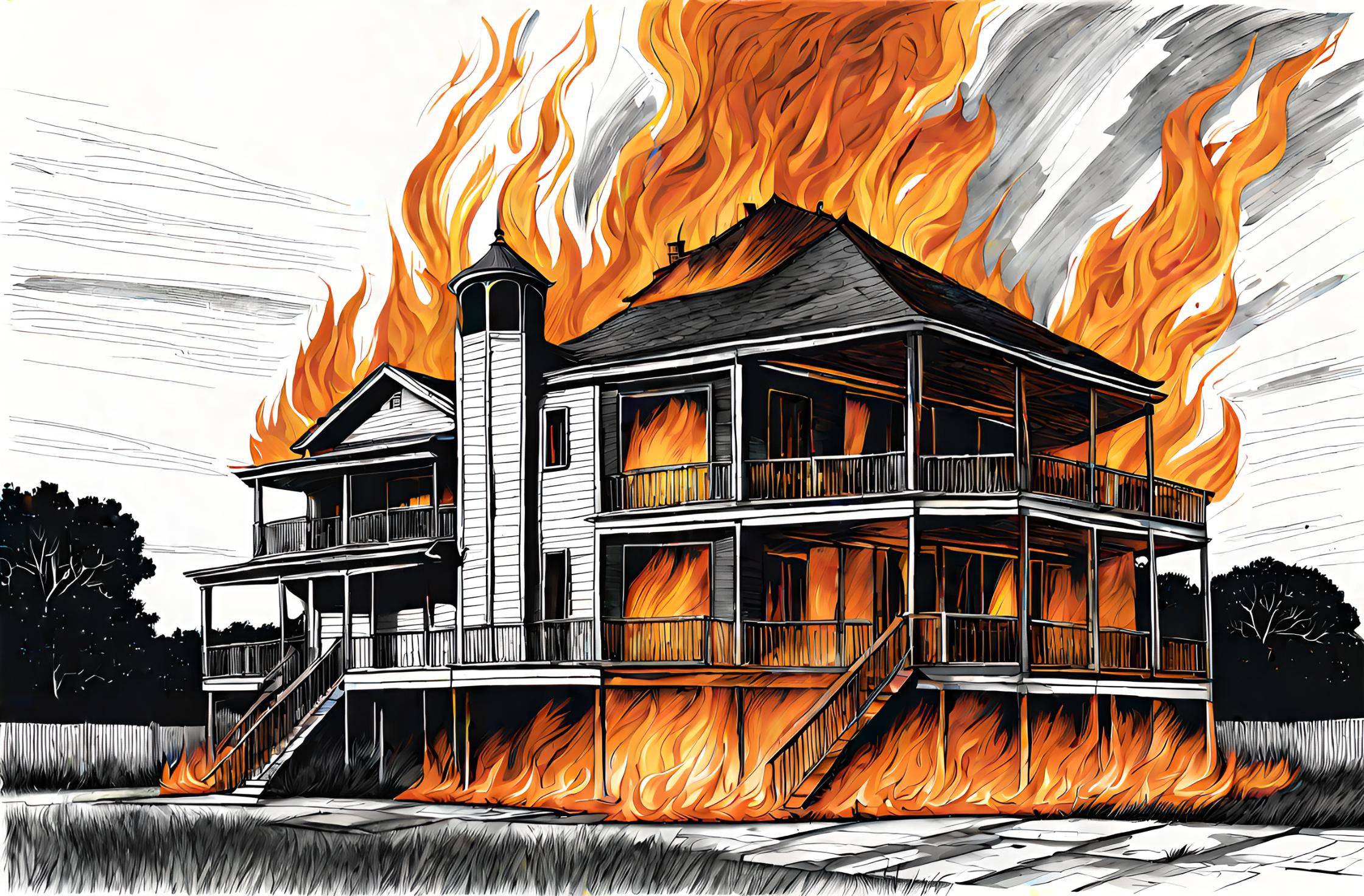Flashback to April 19
American History

On April 19, 1971, one of the most infamous criminals in American history, Charles Manson, was sentenced to life imprisonment for his role in the gruesome murder of actress Sharon Tate and six others. This event sent shockwaves through the nation and highlighted the dark side of the 1960s counterculture movement. Let’s take a closer look at this tragic event and its impact on society.
Charles Manson, a cult leader, had built a following known as the Manson Family, composed of mostly young, impressionable individuals. In August 1969, he ordered his followers to carry out a series of brutal murders, including that of actress Sharon Tate, who was eight months pregnant at the time. The ruthless killings, which became known as the “Tate-LaBianca murders,” shocked the nation and symbolized the end of the idealistic 1960s era.
During Manson’s trial, which began on June 15, 1970, the prosecution presented a compelling case against him. They argued that Manson had manipulated his followers into carrying out the murders, hoping to incite a race war he referred to as “Helter Skelter.” Despite Manson’s claims of innocence and his attempts to present himself as a misunderstood philosopher, the jury found him guilty of multiple counts of first-degree murder.
On April 19, 1971, Manson was sentenced to life imprisonment with the possibility of parole. This sentencing offered some closure to the families of the victims, yet it also raised questions about the justice system and the nature of evil. Manson’s charisma, manipulation, and the sheer brutality of the crimes fascinated the public and led to a widespread interest in the case even after his conviction.
The Manson murders had a profound impact on American society. They shattered the illusion of peace and love associated with the counterculture movement of the 1960s. Manson’s actions exposed the darker side of the hippie movement, giving birth to a cultural shift towards mistrust and caution.
Media coverage of the trial and its aftermath was extensive, further fueling public fascination with the case. Manson’s magnetic personality and his followers’ willingness to carry out his orders made for a compelling narrative that captivated the nation. This increased media attention also brought about discussions surrounding the responsibility of charismatic leaders and the susceptibility of vulnerable individuals to manipulation.
The Manson case influenced not only popular culture but also the criminal justice system. It highlighted the need for stricter guidelines regarding parole for those convicted of heinous crimes. Manson himself became a symbol of the failings of the system, as he would repeatedly come up for parole over the years, causing distress to the families of the victims each time.
Charles Manson’s sentencing to life imprisonment on April 19, 1971, marked the end of a highly publicized trial that had captivated the nation. The senseless and brutal murders committed by Manson and his followers shocked the public and changed the perception of the counterculture movement. The Manson case raised significant discussions surrounding the responsibility of charismatic leaders and the vulnerability of individuals to manipulation. It also highlighted the need for stricter guidelines regarding parole for those convicted of heinous crimes. Ultimately, the Manson murders left an indelible mark on American society, forever reminding us of the darkness that can lurk beneath seemingly idyllic facades.
We strive for accuracy. If you see something that doesn't look right, click here to contact us!
Sponsored Content

A 51-day stand-off at…
On April 19, 1993,…

Charles Manson sentenced to…
On April 19, 1971,…

George Mickelson, Governor of…
On April 19, 1993,…

First American all-news radio…
On April 19, 1965,…

Oklahoma City bombing: 168…
On April 19, 1995,…

US President Herbert Hoover…
On April 19, 1932,…

